Prez. Mahama was right when he said Kumasi people are unappreciative of his gov’t- Information Minister
- Posted on
- Comment
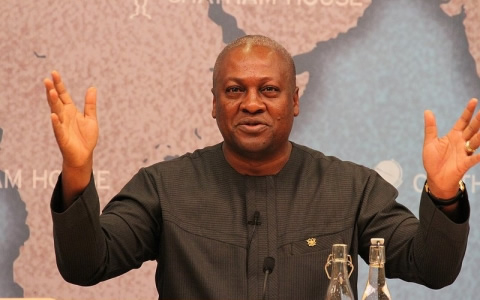 Minister of Information and Media Relations, Mahama Ayariga has stated categorically that President Mahama was on point with his claims that residents in Ashanti Region are not appreciative of whatever his government does.
Minister of Information and Media Relations, Mahama Ayariga has stated categorically that President Mahama was on point with his claims that residents in Ashanti Region are not appreciative of whatever his government does.
He pointed out that the President was only echoing the reality on the ground, arguing that the comments following the statement are even a confirmation of the attitude of the supporters of Mahama’s political opponents.
Addressing a section of National Democratic Congress’ supporters at his recent tour of the Ashanti Region, President John Mahama urged them not be discouraged by what the people in the region perceived the performance of his government to be.
Taking solace in an Akan proverb which says that no matter how nice the dance of the fowl is, it never impresses the hawk, the President noted that same can be said about the people of Kumasi, stressing, even if all the grounds are coated with gold, they will still say the government has done nothing.
The Ashanti Region, with its capital, Kumasi, is the stronghold of the biggest opposition party, the New Patriotic Party.
But Mr. Ayariga told Dzifa Bampoh on Joy FM’s Top Story on Tuesday it is an age old phenomenon that politicians do not appreciate anything good by their opponent. This is applicable to some extent to the strongholds of political parties, he remarked.
The Information Minister asked critics not to lose sight of the context in which the President was speaking as well as the audience he was addressing: it was like a political rally of a sort with NDC supporters, he explained.
NDC supporters there are “under a lot of pressure” with constant impression being created on radio stations that nothing is being done by the President.
He maintained, “Things are working, and so sometimes when the discussions create the impression that Ghana has grounded to a halt, you get the sense that it is just out of a general attitude, politically, that whatever the case is let’s not appreciate what our opponents do, how they govern and all that.
“Basically I think that it is this culture of just refusing to recognize anything good in what your political opponents do that the President was clearly decrying.
“So I think that let’s rather change our attitudes, let’s be fair and impartial in our assessment of our political opponents…”
A political science lecturer at the Kwame Nkrumah University of Science and Technology, Haminu Dramani, contended that the President could have constructed the statement differently.
The use of “us and them” by the President was politically divisive, he suggested.
He also acknowledged that even though President Mahama was being “sarcastic” with his comments, it is subject to interpretation depending on where one stands on the political divide.
However, he said, he deduced from the comments that Mr. Mahama was trying to draw attention to the fact that people should learn to appreciate what others do for them and not to close their eyes to good sides of their political opponents.
But asked if the President could have said it in another way, Mr. Ayariga shot back: “The President has said it the best way it could be said.”
Moreover, he said the government has done a lot of development projects in the Ashanti Region and was optimistic that the president will pull about one million votes there in the 2016 elections. The President had a little over 600,000 votes in the Ashanti Region in the 2012 presidential election.
Author: Isaac Essel
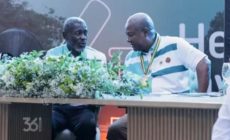
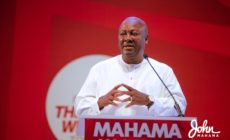
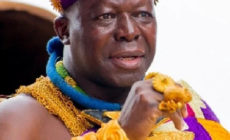
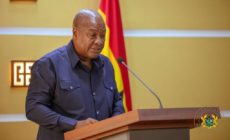






 (Selorm) |
(Selorm) |  (Nana Kwesi)
(Nana Kwesi)